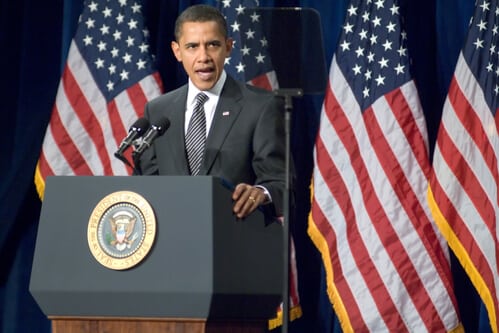
![]()
Clemency by definition is a noun that means mercy or lenience. There are two forms of clemency, a pardon, and a commutation. The difference is that a commutation is a request to the President to reduce the sentence length of a conviction whereas a pardon is the full forgiveness of a conviction.
When convicted individuals file an appeal for clemency, they must specify whether they are petitioning for pardon or commutation from the sentence they received. For federal crimes, only the sitting President may grant clemency. However, a state’s governor may grant clemency for crimes committed at the state level.
SO WHAT ARE THE STIPULATIONS TO BE ALLOWED TO PETITION FOR CLEMENCY?
Interestingly, a convicted individual may not file for clemency until five years has passed since the date of conviction for the individual petitioning for clemency. Regarding individuals that have been released from confinement, they must also endure a waiting period of five years to petition for clemency of their crimes. The United States Justice Department has specified that a petition for clemency should be the last effort of a convicted individual, stating that a petition should not be filed if there are other forms of judicial or administrative relief available.
Consequently, it is stated that petitions will be read regardless of other available forms of relief if it is believed that there are extraordinary and extenuating circumstances regarding the individual filing the petition.
In his two terms as president, President Obama has pardoned and commuted 348 convicted citizens. When he granted clemency for 42 non-violent drug offenders on June 3rd, President Obama surpassed the combined previous seven presidents’ clemency numbers. Twenty of the pardoned non-violent drug offenders were serving life sentences.
Though many may assume that a majority of President Obama’s pardons regard drug use, in actuality, his pardoning record displays a tendency to pardon cases with extraordinary circumstances as opposed to simply pardoning low-level crimes that received maximum sentencing. In fact, there is an executive office, the Office of the Pardon Attorney, whose sole responsibility is to assist the president in matters regarding executive clemency petitions.
U.S. CLEMENCY LEGACY
According to PrisonStudies.org and the Institute for Criminal Policy Research, the United States has the leading global incarceration rate. Approximately 2,220,000 people are in jails and prisons throughout the United States. The second country on the list is China, which has 568,000 fewer individuals incarcerated though China has one billion more citizens than the United States. Further, the next country on the list is Brazil, which has approximately 1,000,000 fewer individuals incarcerated than China.
There has been increasing criticism of President Obama though, claiming that he has not made a satisfactory effort toward the decriminalization of low-threat drugs like marijuana. It should be noted that by January 1, 2017, there will be twenty states that have decriminalized the possession of small amounts of marijuana for personal use. While there is always room for improvement, President Obama’s recent clemency record is certainly proof of presidential strides being made in the right direction regarding victimless drug crimes and the incarceration epidemic that is plaguing the United States.
CALIFORNIA DEFENSE ASSISTANCE
Have you or your loved one been arrested for drug crimes? A Law Offices of Randy Collins attorney can help with a free case evaluation. If you would like to speak with one of our attorneys, call . We have an A+ rating from the Better Business Bureau and provide many clients with flat-rate fees.
